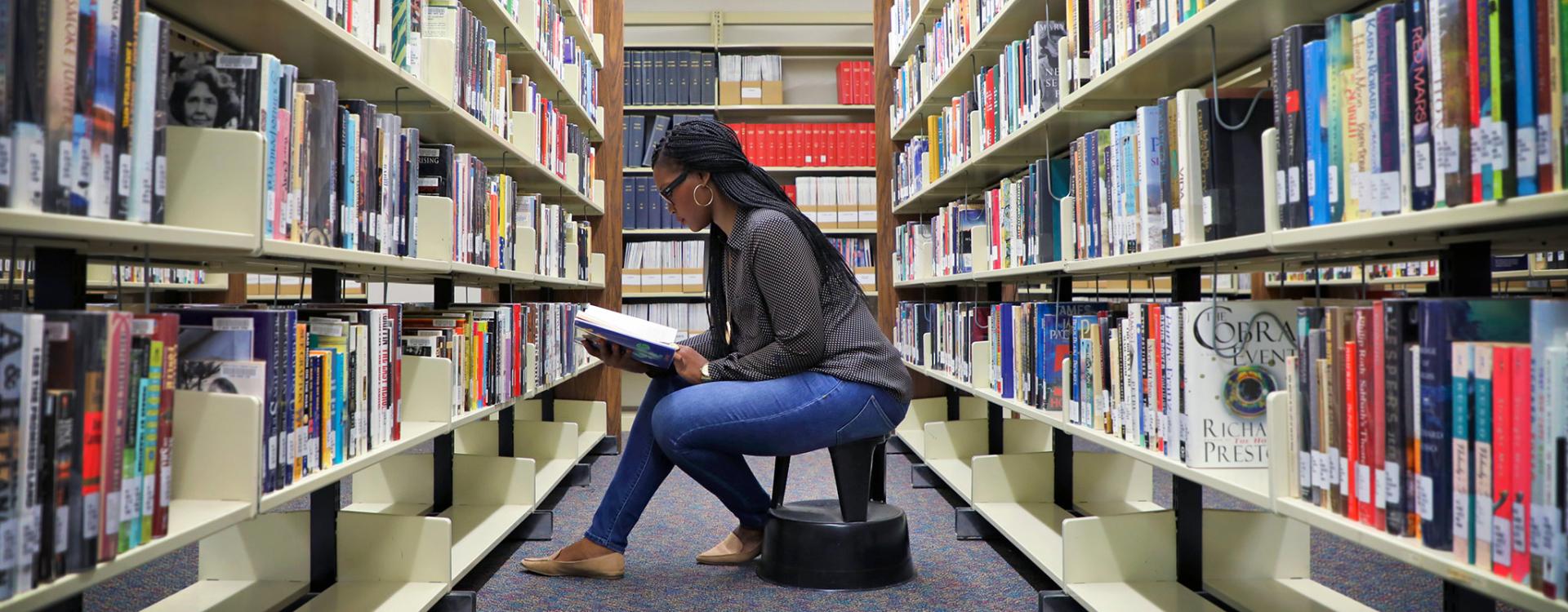What We're Reading: The Ballad of Songbirds and Snakes by Suzanne Collins
Title: The Ballad of Songbirds and Snakes
Author: Suzanne Collins
Genre: prequel; science fiction; dystopia
Read Great Things 2020 Categories: A book that is part of a series; A bildungsroman; A controversial book; and A book suggested by a Durham Tech Librarian
This book was read by Meredith Lewis, the [mostly] Orange County Campus Librarian.
If you liked the original Hunger Games trilogy, you'll probably enjoy or appreciate this. If you're like me, you may need to re-read the other books, but I read this book and then re-read the series afterwards, pausing in the third book because everyone knows if you don't keep reading, then the bad thing you know is going to happen totally won't happen, right? (Spoiler: It still happened. Double spoiler: The series is about a society that pits its children against each other TO THE DEATH to control rebellion. Bad things happen in all. three. books.)
Why did you choose to read this book?
I really liked the original series back when it came out, so I was curious as to how the author would answer the question "how this society got to where it was" in this book and through future President Snow [an inexcusable bad guy] and his late youth. It was also sitting on the book table at Costco when I was buying some pandemic stress cheese and it jumped into my cart. The stress-buying heart wants what it wants, and apparently mine wanted a dystopia in the middle of a pandemic (and fancy bulk cheese).
What did you like about it?
The controversy leading up to this book was about how--based on a released preview-- it might make President Snow a sympathetic character and if he really deserved that treatment. I liked that, while it explained his rationale, it's hard to feel sympathy for him. Sometimes people have options and they make cruel, self-serving choices repeatedly. Instead of sympathy, I understood his motivations. Understanding doesn't have to mean agreeing or respecting someone's choices or opinions.
I also did enjoy re-reading the rest of the series after reading this book. I enjoyed them the first time around and enjoyed them a second time.
Was there anything noteworthy about the book?
It was nice [a funny word for such a dire society like the one that this book takes place in] to revisit a series that I really enjoyed. I was teaching when I picked these up the first time and hadn't read much outside the assigned readings I was teaching, so it was a relief when I read the series and was absorbed in the horror, but really invested in the characters. It's just nice when something reminds you that, hey, reading can be fun instead of just assigned (even if you're the one doing the assigning).
Who would you recommend the book to?
Anyone who read the original series (or maybe watched the movies-- I didn't want to see it with my eyes, so I haven't seen beyond the first movie). Anyone who wants to read the series now. This is definitely not a standalone book IMO-- you need the other books for it to have more meaning. I know these are technically YA, but read what you want to read.
What would you pair this book with?
Some nonfiction on social justice and authoritarian governments. Reader's choice. Dystopian literature explores real life issues in a fictional environment.
Want to review something you've read or watched for the library blog? Let us know by filling out the Durham Tech Book or Media Review form.


![The Ballad of Songbirds and Snakes (A Hunger Games novel, #0 in the series [a prequel]) by Suzanne Collins](https://images-na.ssl-images-amazon.com/images/I/6138U5s+6yL.jpg)